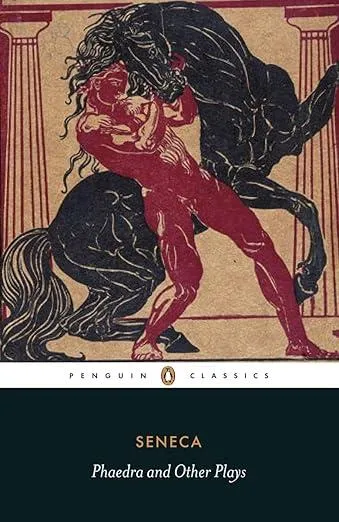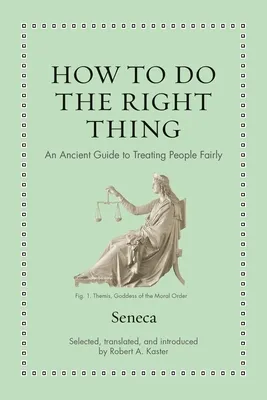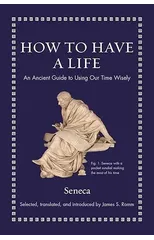Living in Rome under Caligula and later a tutor to Nero, Seneca witnessed the extremes of human behaviour. His shocking and bloodthirsty plays not only reflect a brutal period of history but also show how guilt, sorrow, anger and desire lead individuals to violence. The hero of Hercules Insane saves his own family from slaughter, only to commit further atrocities when he goes mad. The horrifying death of Astyanax is recounted in Trojan Women , and Phaedra deals with forbidden love. In Oedipus a nervous man discovers himself, while Thyestes recounts the bitter family struggle for a crown. Of uncertain authorship, Octavia dramatizes Nero's divorce from his wife and her deportation. The only Latin tragedies to have survived complete, these plays are masterpieces of vibrant, muscular language and psychological insight.
Seneca
Seneca, a Roman philosopher and playwright, is best known for his collection of essays and letters, "Moral Epistles." His writing style is characterized by its clarity, wisdom, and practical advice. Seneca's key contributions to literature include his exploration of Stoic philosophy and his influence on later thinkers such as Montaigne and Descartes.





